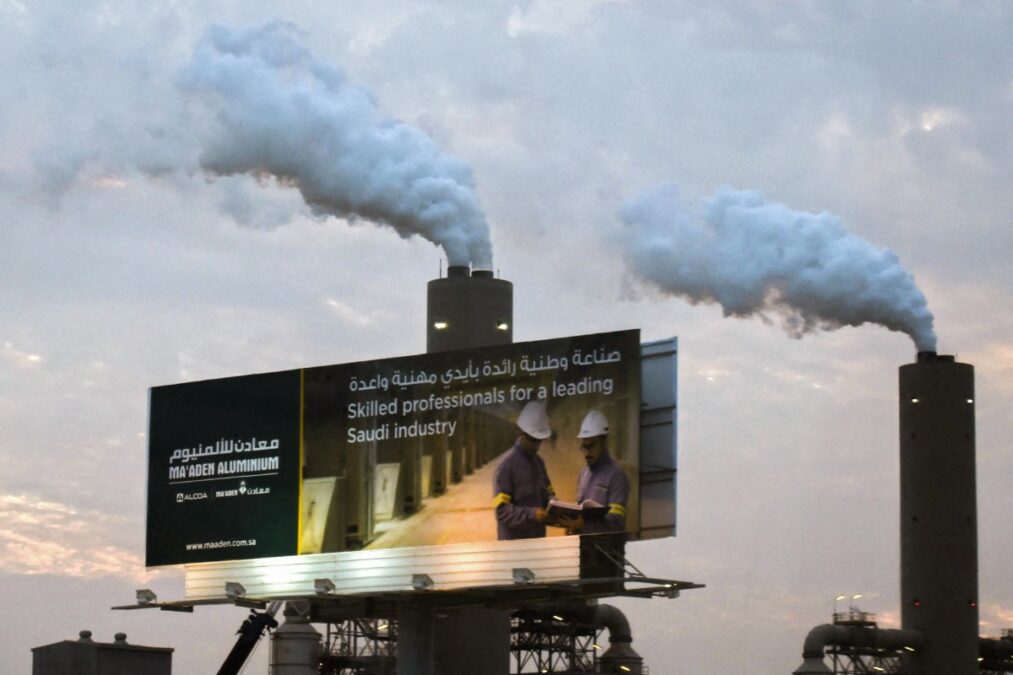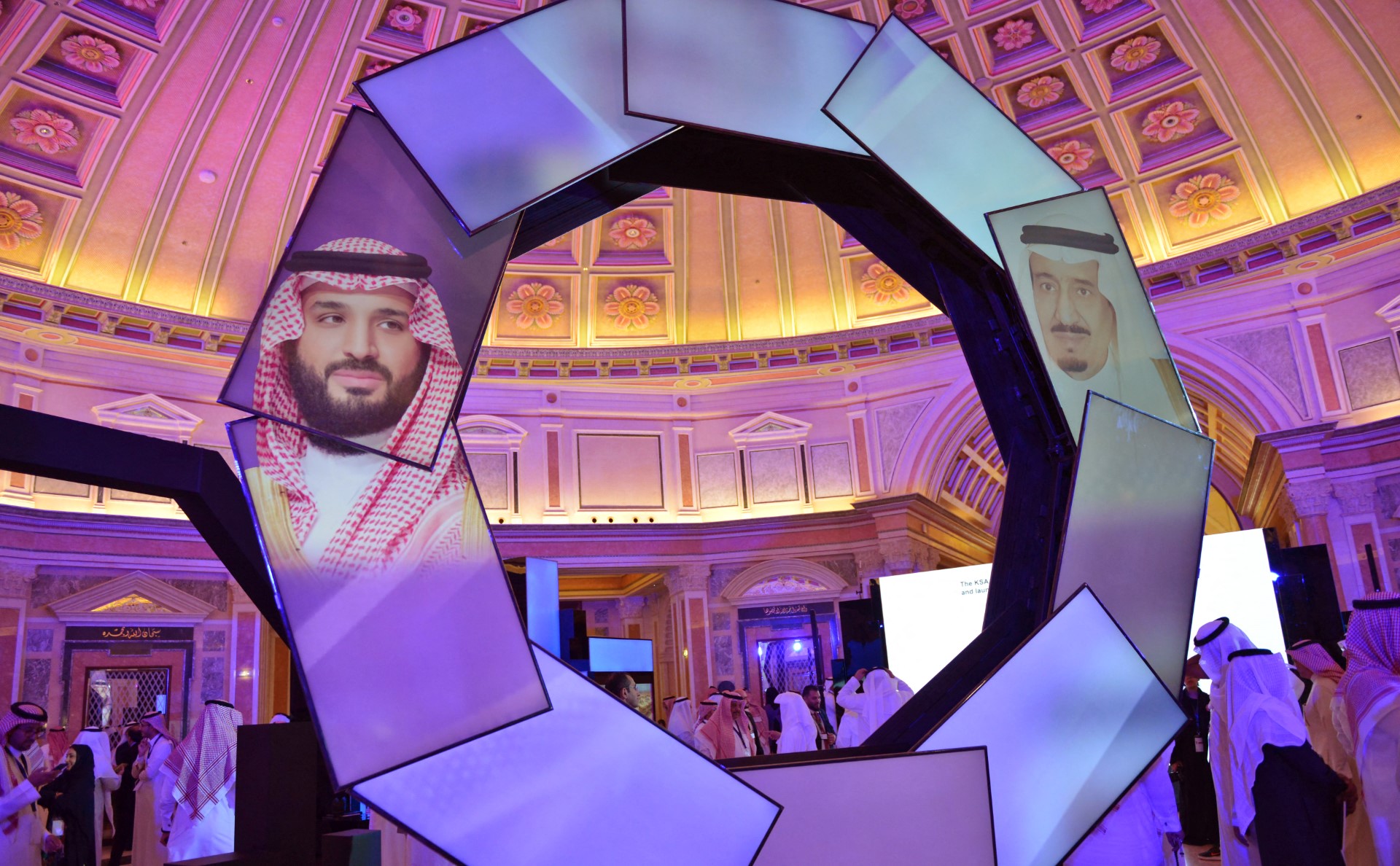Dubai, UAE — In November 2022, Saudi Arabia’s Crown Prince and Prime Minister Mohammad bin Salman introduced Ceer, the country’s first electric vehicle brand. The oil-rich country in the words of the crown prince was “igniting a new industry” that could see it become a manufacturing hub for both petrol-powered and electric cars.
The push was part of Saudi Arabia’s broader industrial strategy and its plans to tackle climate change. By 2030, it will make 500,000 EVs a year, roughly equivalent to annual demand for cars in Saudi Arabia today.
While the kingdom took its first bold steps toward a path to build an industrial sector, news emerged of Foxconn, the biggest assembler of Apple Inc. iphones, being in talks with Saudi Arabia to jointly build a $9 billion multipurpose facility that can manufacture microchips, electric-vehicle components and other electronics like displays.

Yet it was the clearest indication of the kingdom’s desire to diversify its economy away from oil and be the Middle East’s manufacturing hub. Today, the kingdom is not alone in the race to establish itself on a new path to achieve high economic growth.
To its east, the United Arab Emirates (UAE) is making its own effort to jump-start a high-tech industry that includes sending astronauts to the International Space Station. The country is not limiting its potential to space program alone. It too is making a broader push to kick start an industrial sector, and in this regard, it has established the Jebel Ali Free Zone in Dubai and the Khalifa Industrial Zone in Abu Dhabi, with a focus on sectors such as aerospace, pharmaceuticals, and renewable energy. It anticipates a substantial contribution from industrial manufacturing to its GDP in the coming years.
Across the length and breadth of the Middle East, countries are attempting to diversify their economies away from oil and build a manufacturing base to achieve high economic growth. But is it even possible to economically sustain the industrial sector in the Middle East in times of high inflation, low growth, and risk-averse investors?
To gain more insight, read this comprehensive report on how determined the countries are in the Middle East to accomplish the feat. Click here.

